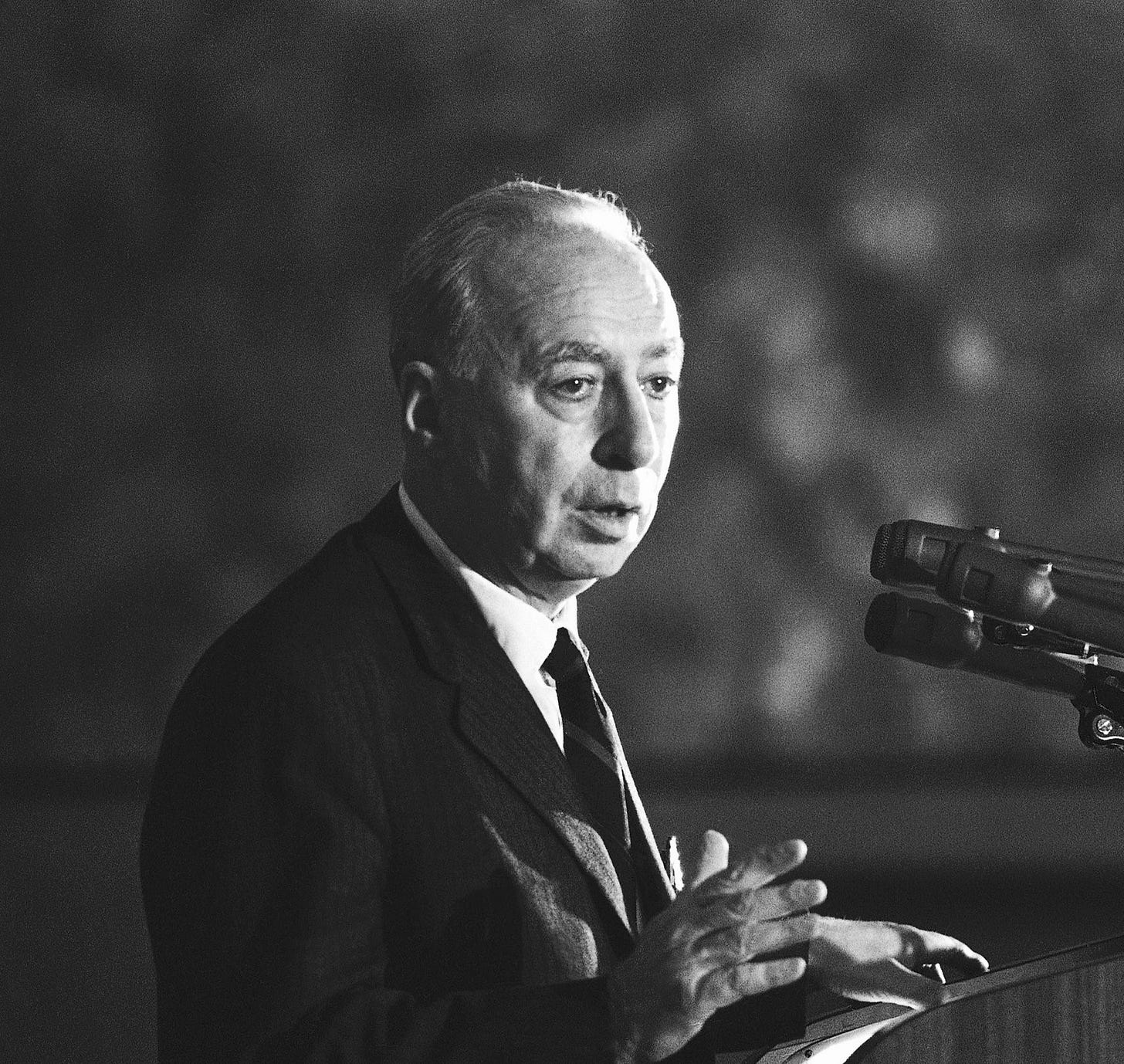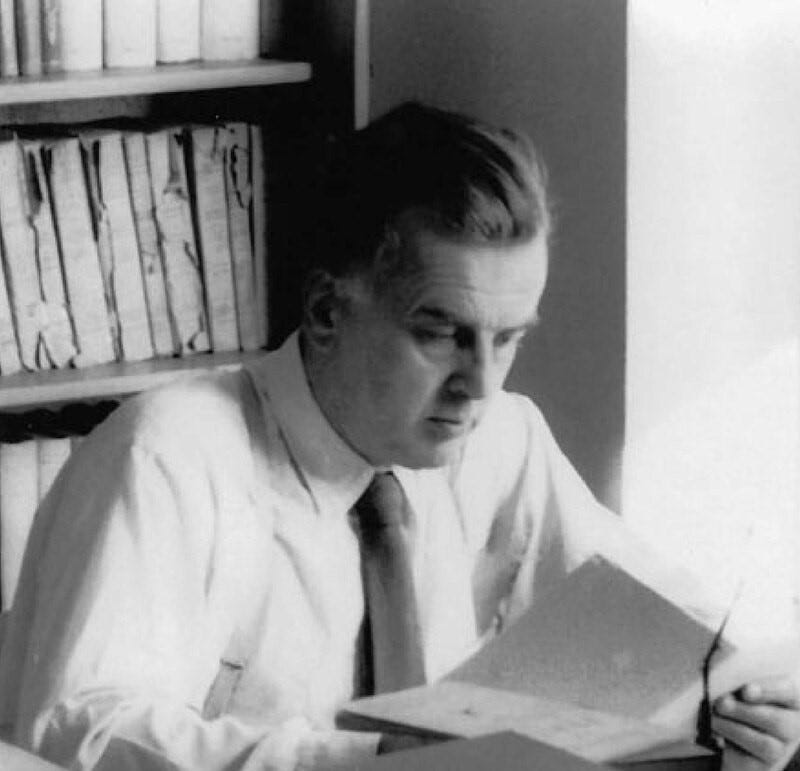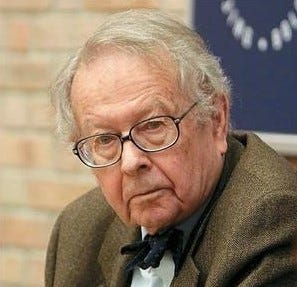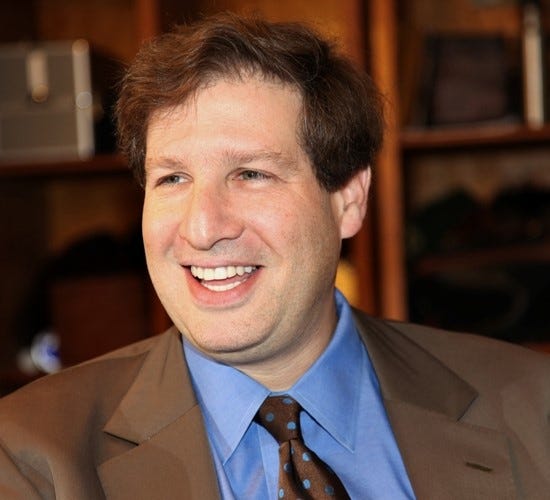International Relations: Realism
A brief overview IR of realism with links to further information
Overview
Realism views world politics as competition among self-interested states for power and security in an anarchic system.
States are the primary rational actors navigating power politics and national interests.
Realism involves strategic use of military force, alliances, and maintaining balance of power.
War is seen as inevitable in the anarchic conditions of global politics.
Common Assumptions
State-centrism: States are the most important actors.
Anarchy: The international system is anarchic with no higher authority.
Egoism: States pursue narrow self-interests and seek to maximise capabilities.
Power politics: Primary concern is power and security through military buildup.
Historical Branches
Human nature drives states/individuals to act for interests over ideologies.
Prominent thinkers: Morgenthau, Niebuhr, Aron, Kennan.
English School/Liberal Realism
International system is anarchic but forms "society of states" with some order.
Prominent thinkers: Bull, Wight, Buzan.
Focuses on anarchic structure of system rather than human nature.
Conflict and competition are structural and enduring features.
Offensive realism: nation states maximize security through economic and military domination.
Defensive realism: nation states seek maintain moderate and reserved policies to keep balance of power.
Prominent thinkers: Waltz, Mearsheimer, Walt.
Synthesis of neorealist and classical realist approaches.
Includes domestic variables intervening between systemic incentives and foreign policy.
Prominent thinkers: Rose, Schweller, Zakaria.
Additional Information









